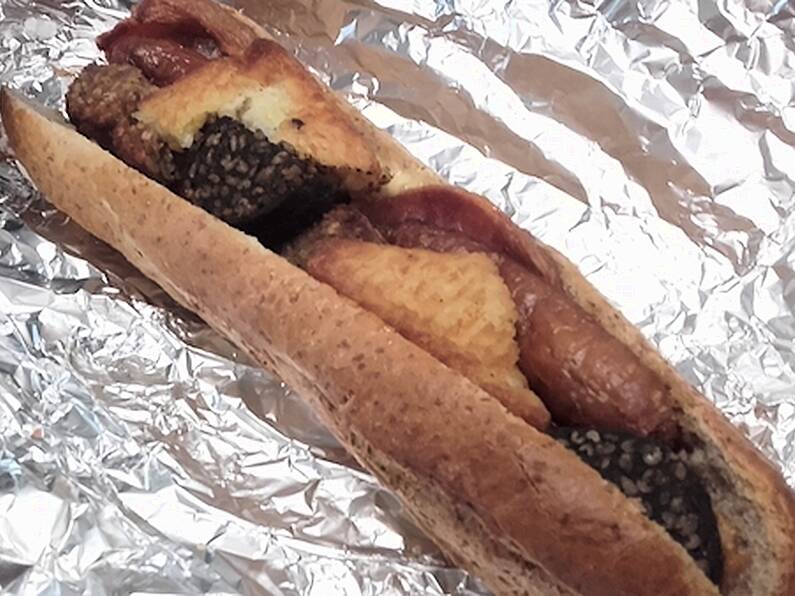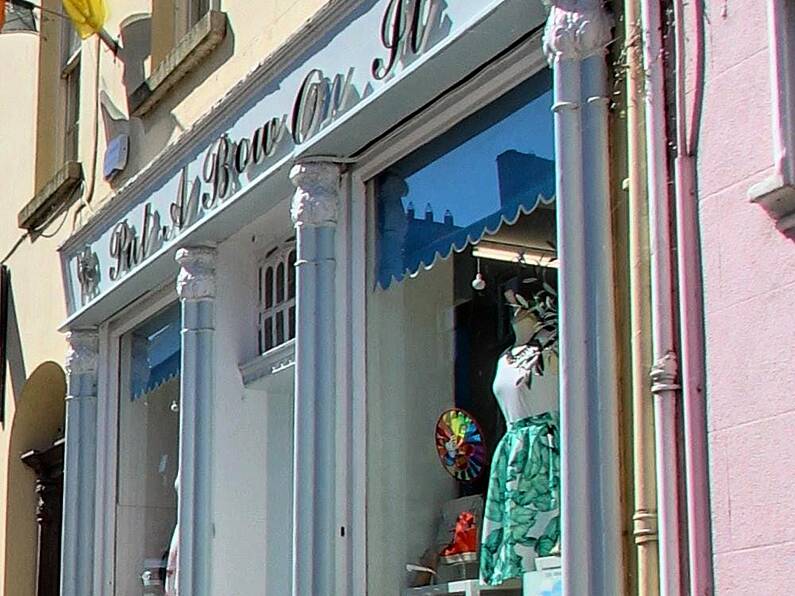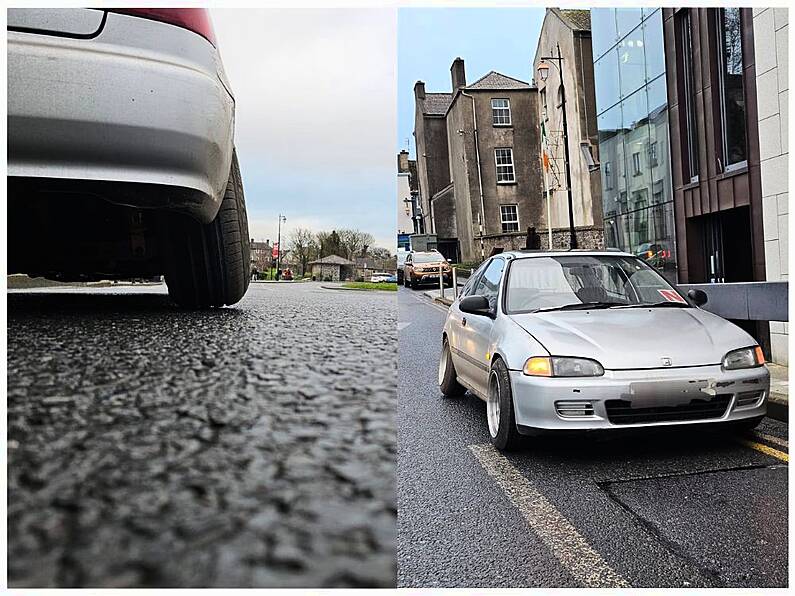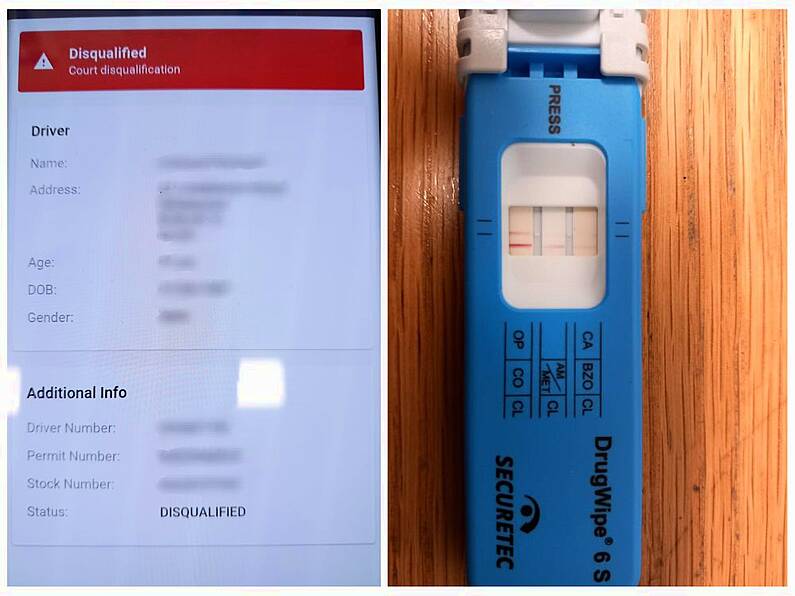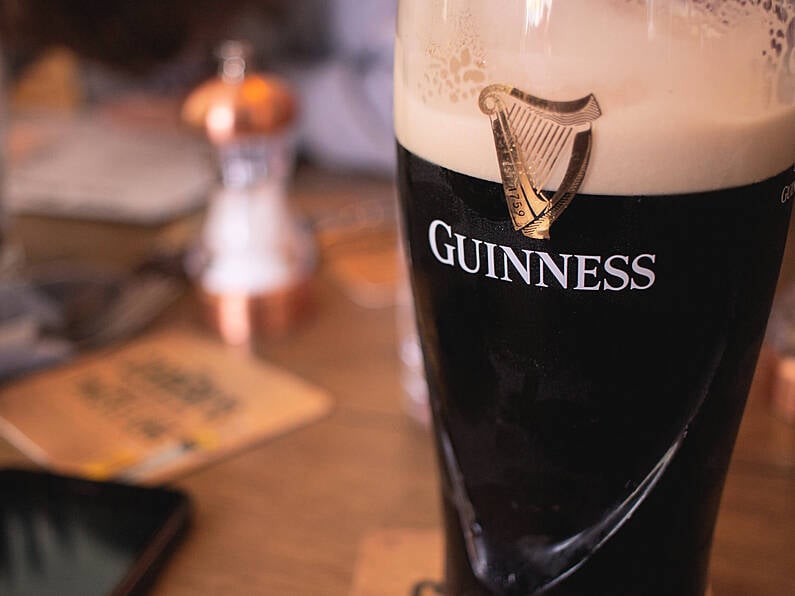The price of a breakfast roll, the much-loved staple of Irish cuisine, could be set to rise.
The Government is currently mulling over axing the hospitality sector's special concessionary VAT rate of 9% next month — potentially affecting the price of everything from fine dining to the humble breakfast roll.
In May of last year, The Government agreed to extend the 9% VAT rate that applies to the tourism and hospitality sectors for a further six months until the end of February 2023, at an additional cost of €250 million.
Experts say that the forecourt favourite could increase in price by as much as 25% as a result of the VAT rate change from 9% to 13.5% as businesses scramble to cover increasing operational costs.
The special hospitality levy is only charged on hot food served in deli counters, but not on cold meat sandwiches, so while breakfast rolls could increase in price your standard cold ham or chicken sandwich won't.
Meanwhile, the president of the Irish Hotels Federation, Denyse Campbell has said that the sector remains hopeful that the Government “will continue to support the industry” and not return the VAT rate to 13.5 percent.
Ms Campbell told national radio that the Government needed to prioritise the sector which employs one out of 10 people in the country, with 70 percent employed outside Dublin.
Returning the VAT rate to 13.5 percent from the nine per cent introduced during Covid lockdown in 2020 would make it the third highest VAT rate in Europe, she said. The nine percent rate was in line with most European countries.
The VAT rate needs to stay at nine per cent to maintain competitiveness for the industry, added Ms Campbell.
The cost of doing business had escalated with the sector experiencing “crippling increases” of 300 percent in energy bills, 28 per cent for food and increased linen costs.
Tourism figures last year were 27 percent lower than 2019 so the sector was still recovering, she said. “We are pleading with the Government. This is about €400 million at a time when the consumer does not need extra costs.”
Ms Campbell pointed out that the hospitality sector needed the VAT rate to remain at nine percent so they could be competitive. “It is the correct rate”.
When asked about reports of price “gouging” by Dublin hotels she said that their research had shown that Dublin prices rose 18 per cent in three years.
“The price of the last few rooms are not reflective of the value that is there for customers.”
